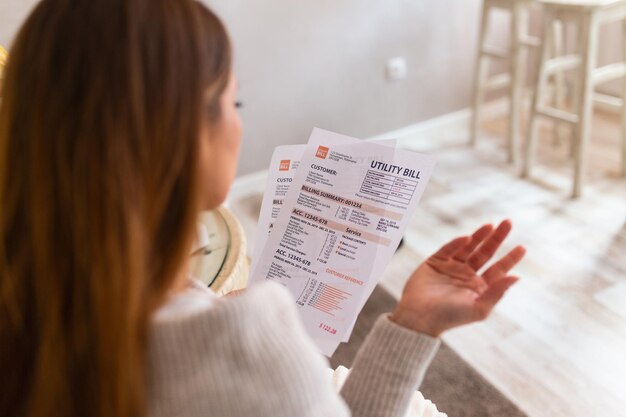How Many Pay Stubs Do You Need to Rent an Apartment?
Securing a rental apartment can often feel like a formidable task, especially when it comes to understanding the documentation landlords require. Pay stubs are crucial as they provide proof of consistent income, reassuring landlords of your ability to pay rent. However, how many pay stubs do you actually need? Typically, landlords and property managers ask for two to three most recent pay stubs. This provides them with enough information to verify not only your earnings but also the stability of your employment.
Why Are Pay Stubs Important?
Pay stubs serve multiple essential functions during the apartment application process:
- Verification of Income: They show the amount of money you earn, which helps landlords ensure that you can handle the monthly rent.
- Proof of Employment: Consistent pay stubs confirm that you are employed, reducing perceived risks for landlords.
- Financial Stability: Regular income indicates financial health and the ability to meet monthly rental agreements.
Other Documents You May Need
Beyond pay stubs, landlords may request additional documentation to get a comprehensive view of your financial situation. These might include:
- Identification such as a driver’s license or passport
- Credit report to assess your payment history
- Bank statements to provide further proof of income or savings
- References from previous landlords or employers
What If You Don't Have Pay Stubs?
Perhaps you’re self-employed or have recently started a new job, and thus, lack the necessary pay stubs. Here are some alternatives:
- Provide invoices and contracts if you're a freelancer or contractor.
- Present a letter of employment from your employer detailing your position, salary, and tenure.
- Show bank statements that reflect regular deposits matching your reported income.
For those who find themselves without sufficient documentation, exploring government aid programs can be a valuable step.
Financial Assistance and Alternatives
Finding the perfect rental can be competitive and, occasionally, financially straining. Here are some financial assistance options to consider if you’re struggling to afford rent or secure an apartment:
Rental Assistance Programs: These programs help low-income individuals and families pay their rent. They are often managed at the local or state level and could provide the support needed during challenging times.
Emergency Financial Aid: Immediate assistance might be available for those facing unexpected financial hardships, allowing you to maintain stability while transitioning between jobs or handling sudden expenses.
Debt Relief Options: Programs exist that can help manage or consolidate debt, potentially freeing up income that can be diverted toward rent payments.
Credit Card Solutions: Some credit cards offer interest-free periods or other benefits that could temporarily ease financial burdens, but be sure to read the terms carefully.
Educational Grants or Scholarships: Consider continued education or skill development through grants and scholarships, which can provide a long-term plan for financial improvement and housing security.
Exploring and utilizing these resources can enhance your financial health, making the rental journey a little smoother.
Quick Reference Table: Financial Support Options for Tenants
- 🏠 Rental Assistance Programs: Government-funded programs for income-based rent support.
- 💰 Emergency Financial Aid: Short-term financial help for urgent needs.
- 📉 Debt Relief Services: Solutions for managing and consolidating existing debt.
- 💳 Credit Card Offers: Leveraging promotional rates for immediate expenses.
- 🎓 Educational Grants: Funding support for skill development and career advancement.
Taking proactive steps through these avenues can ensure a comfortable living situation without the strain of insufficient documentation. Whether through employment stability or strategic financial aid, you'll find an apartment that suits your needs.

